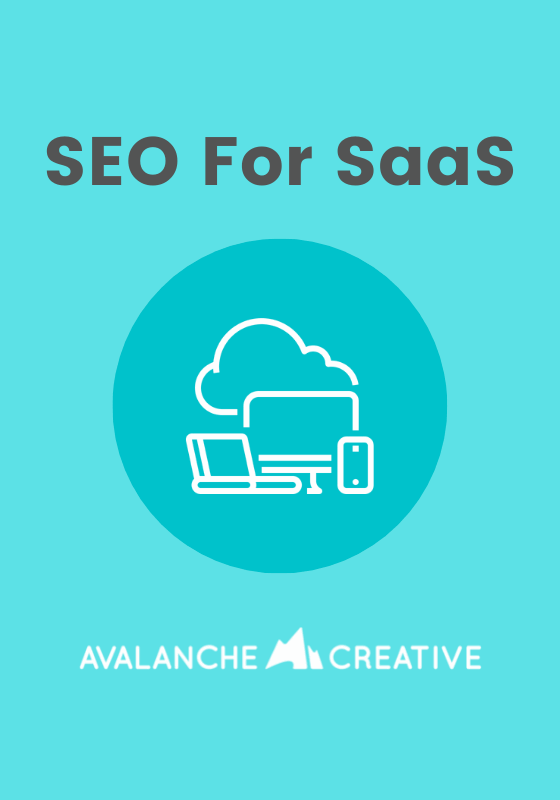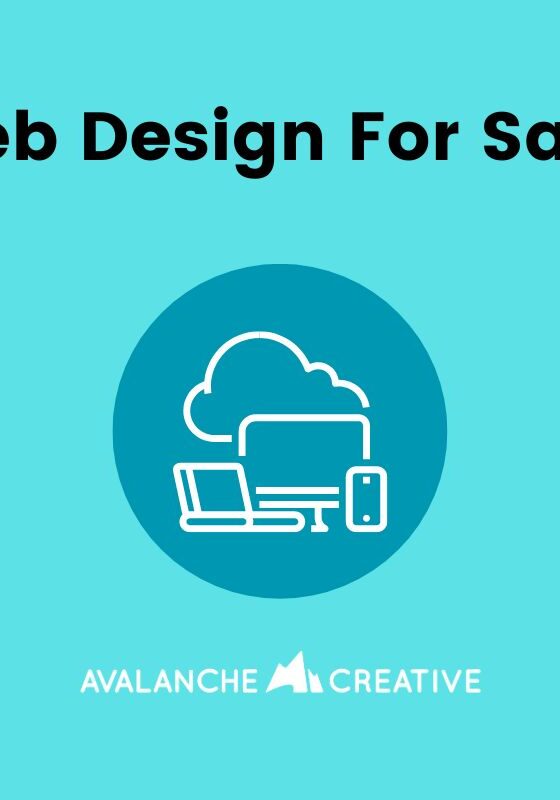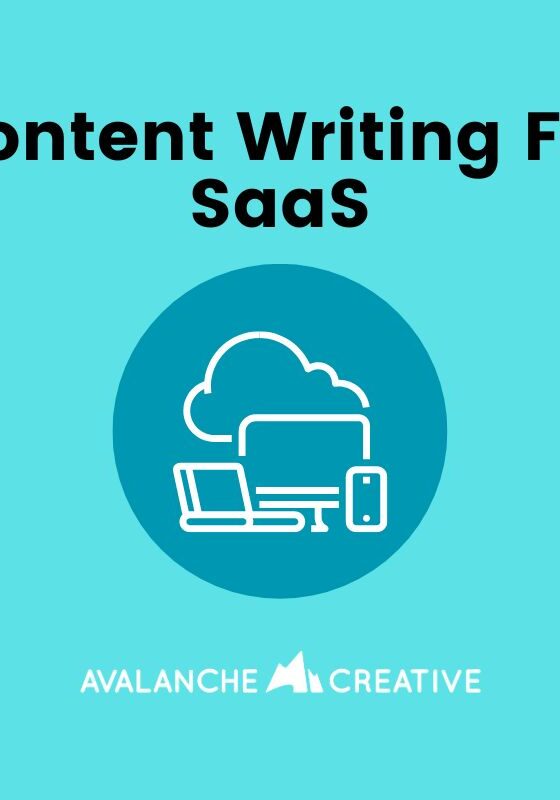SaaS
SaaS SEO
Don't Hire Us Unless You Want More Demo Requests
Your product is built to scale. Your search traffic should too. We design SaaS search strategies that send the right people into your funnel: decision-makers, budget-holders, and teams actively hunting for software.
Why Search Matters for SaaS Companies
What You Get With Avalanche
SEO for SaaS
Who We Help
- SaaS startups chasing growth before the next raise
- Scaling platforms tired of pouring money into ads
- Enterprise SaaS aiming to win the category conversation
- Product-led growth companies that need a steady pipeline
If you want demo requests and signups that you don’t have to buy one at a time, Avalanche is your partner.
How We Help You Win at Search
01
Audit & Research
We look at your site, your funnel, and your competitors to spot the gaps.
02
Strategy & Planning
You’ll see a clear plan: what we’ll build, why it matters, and how it grows revenue.
03
Content & Optimization
We publish pages that rank and push visitors to take the next step.
04
Tracking & Refinement
We measure what matters and improve it. Month after month, growth compounds.
Real Results From Real Clients
TextSpot
How We Helped TextSpot Increase Their Goal Completion by +360%
TextSpot
Monthly organic visitors
Monthly trial activations
Kiuwan
How We Helped This Software Solution Increase Leads & Sales
Kiuwan
Total impressions since Jan '24
Total conversions since Jan '24
PreEmptive
How We Helped This Software Solution Generate 20,000+ Users a Month
PreEmptive
Total impressions in the past six months
Total conversions in the past 30 days








